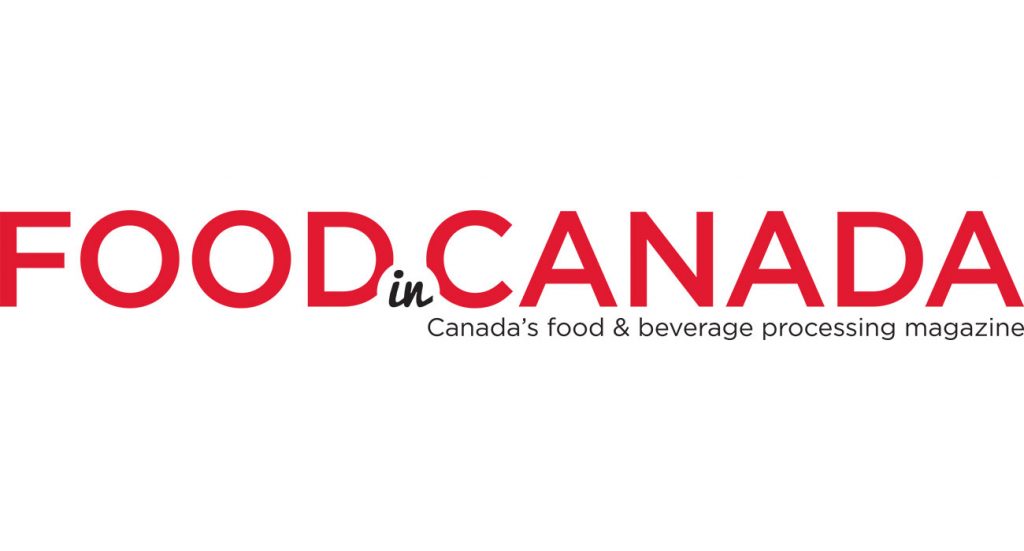Canadian Meat Council calls for enhanced regulatory co-operation with U.S.

The Canadian Meat Council (CMC) and the Meat Institute have jointly submitted a comprehensive set of recommendations to the Canada-U.S. Regulatory Co-operation Council (RCC) to bolster regulatory co-operation and alignment between Canada and the United States.
In a joint letter to Canadian government officials, CMC and the Meat Institute address regulatory divergences, redundancies, and inefficiencies that hinder an integrated North American meat and poultry market.
CMC and the Meat Institute recommend several regulatory reforms to streamline and facilitate trade within the North American market, including:
- establishing joint food safety risk assessments to deliver the best possible science at the earliest stage of decision making;
- promoting mutual recognition of food safety technologies approvals in the North American market;
- enhancing sampling transparency (e.g. rate of sampling, targeted pathogens, etc.) and supporting timely communication of test results; and
- revising sampling plans to reduce product destruction at the border.
The recommendations also include CUSMA pilot project proposals such as:
- implementing a laboratory sampling pilot program where products will be sampled at the originating facility instead of conducting border re-inspection of products;
- exploring the feasibility of eliminating border re-inspection of meat that has already been inspected by USDA or CFIA;
- removing the outdated 50-mile rule, which arbitrarily restricts import inspection activity within 50 miles of U.S. ports of entry;
- instituting pre-screening and sampling of randomly selected containers of products “For Further Processing” at the port of departure before shipping to the U.S.; and
- returning imported shipments to Canada for processing instead of holding, pending U.S. test results.
CMC and the Meat Institute urge RCC to address several trade priorities and impediments that continue to affect the meat industry, such as facilitating U.S. live hog exports to Canada, converging food safety technology approval processes, and eliminating restrictions on veal imports from the U.S.
The meat industries in the U.S. and Canada share a high level of integration and alignment. Both groups have expressed concerns about the voluntary Product of USA label final rule with which establishments must comply by January 1, 2026.
“Together, our industries produce some of the highest-quality, safest, and most nutritionally dense products in the world, playing key roles in advancing food and economic security at all levels. By streamlining regulatory and customs procedures, eliminating non-science-based trade barriers, and enhancing collaboration on global issues such as technology, sustainability, and foreign animal disease, the Canadian and U.S. governments can promote greater resilience, co-operation, and growth within the North American meat industry,” said Chris White, president and CEO, Canadian Meat Council.
The North American meat industry represents one of the most integrated supply chains globally, with cross-border trade in livestock and meat products exceeding US$16 billion annually. Since the inception of NAFTA in 1994 and its successor, the Canada-U.S.-Mexico Agreement (CUSMA) in 2024, the economic interdependence of the meat industries in Canada, the U.S., and Mexico has grown. This integration supports local communities and workers across borders, driving economic growth and sustainability.
In 2023, the U.S. meat and poultry exports exceeded US$23.6 billion, with significant portions of beef, poultry, and pork production destined for international markets. Similarly, Canada exported 70 per cent of its pork and 50 per cent of its beef production, with the U.S. representing the largest export market. The meat sector remains one of Canada’s largest manufacturing sectors, contributing significantly to the national economy and employment.
Source: www.foodincanada.com

